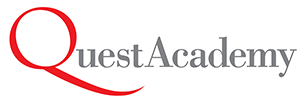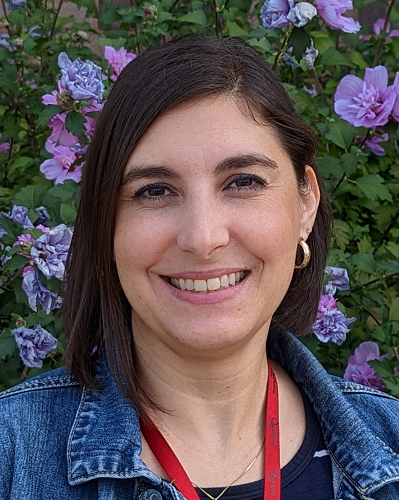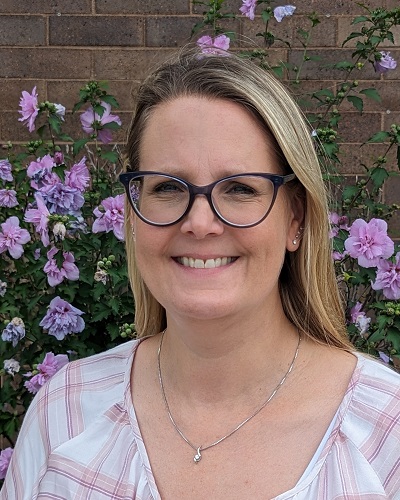3rd Grade
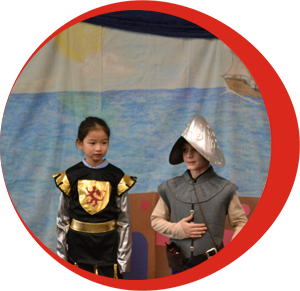
The Quest Approach to Third Grade
Welcome to a year of exploration, presentation, and celebration as a Quest third-grader. In keeping with our Quest Mission Statement, we take great pride in offering a unique, differentiated program that is designed intentionally with a solid understanding of the developmental stages and social needs of gifted third-grade students. Our goal is for each child to explore those patterns of behavior and thinking that lead to being an engaged participant in class and a self-motivated learner.
Meet Your Child’s Teachers
We believe that all learners, adults and children, are most likely to explore and innovate when learning is viewed as a process and a continuum and when unsuccessful early attempts are viewed—not as mistakes or personal failing—but as expected and welcome opportunities for reflection, re-evaluation, and growth.
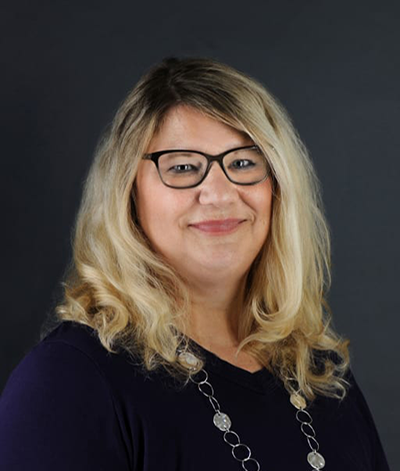
Cathy Gruzinsky
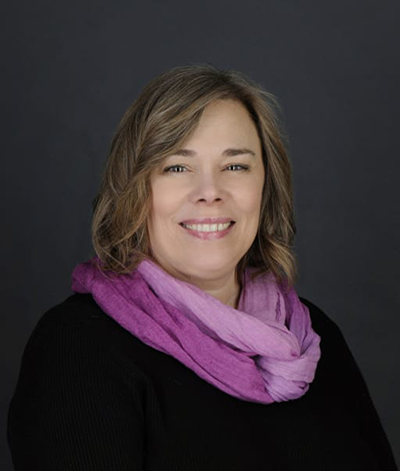
Cynthia Kirsh

Eric Simon
Homeroom
The Schedule
This is certainly true in mathematics. Each unit begins with a pretest. The two third grade classes are divided into instructional groups based on their assessed skills, so all our students enjoy the challenge of new material. Opportunities to apply and extend these skills are integral to the Quest experience. Our students not only learn math; they do math. Advanced students are considered for additional grade-level advancement.
Gifted students are excited and empowered by learning when they can satisfy their own curiosity and share their findings in a common cause. For this reason, independent reading and research strategies are at the heart of third grade language arts and social studies. Students explore effective ways of recording their findings and learn how to share their research with others through skits, research papers, poster boards, and presentations. Body language, vocal techniques, intentional use of color and design, and strategies to ensure confident presentation all come into play. Literacy groups allow all students to participate actively in small-group discussion of shared texts. The exchange of rich vocabulary and examples of effective writing that we encounter in independent reading build student ownership of the strategies good writers use.
Our students make a difference in their community with service learning projects that support their understanding of the key components of literacy: the process of learning to read, the opportunity to learn, and access to wonderful books. It is no surprise that this resonates with our avid readers.
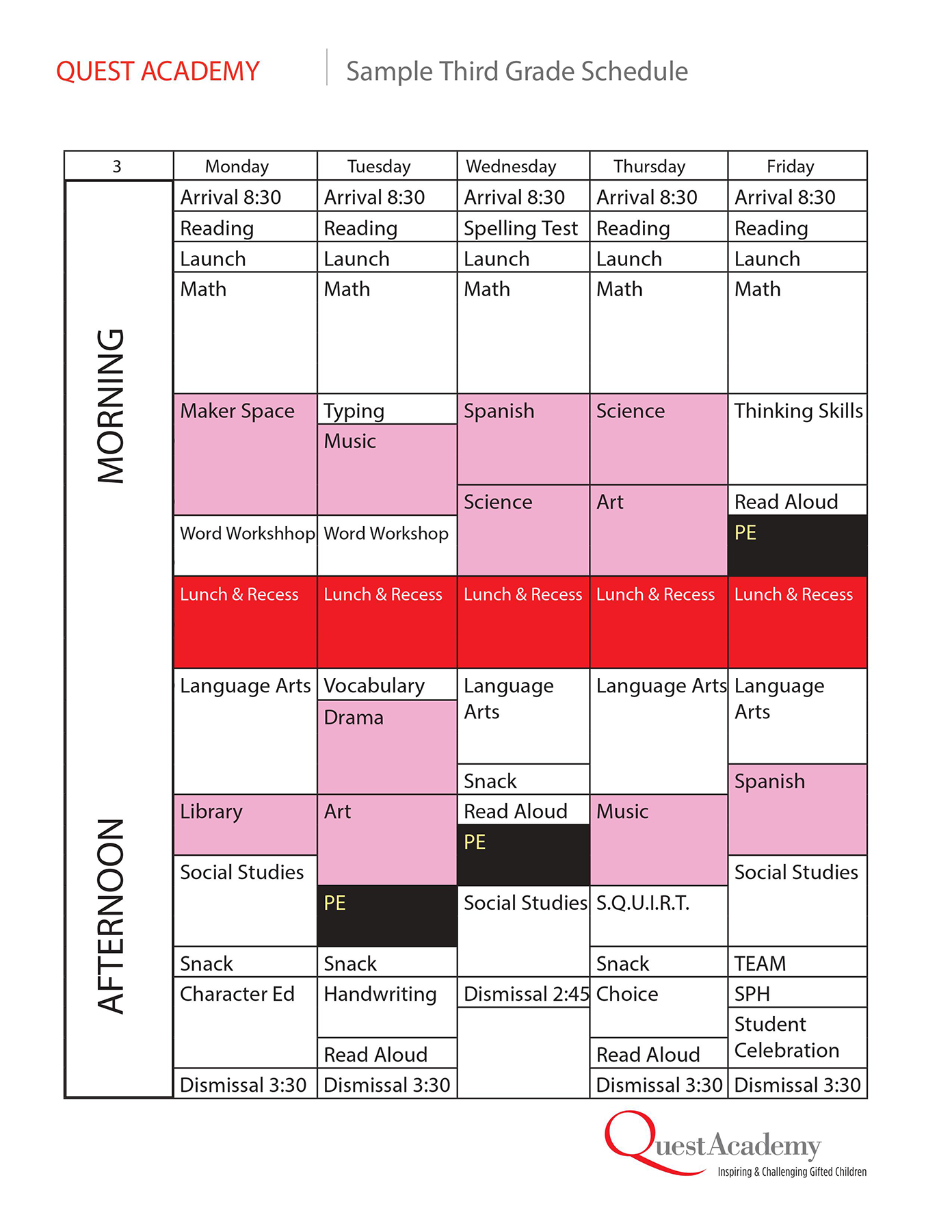
Quest Academy
Special subjects are taught by Subject Matter Experts
